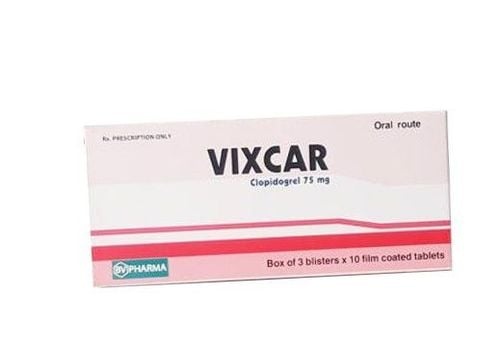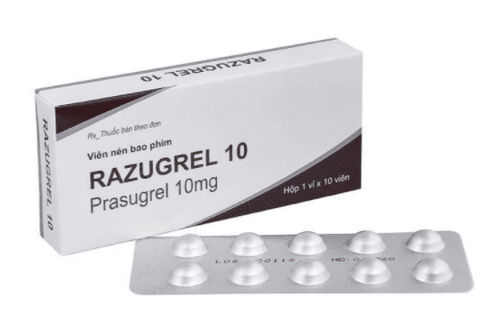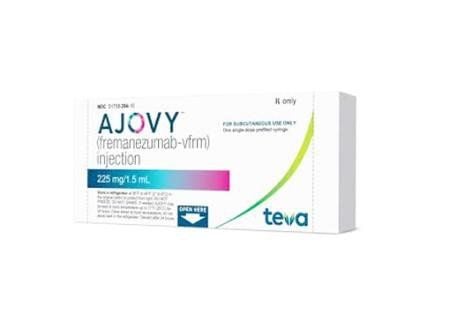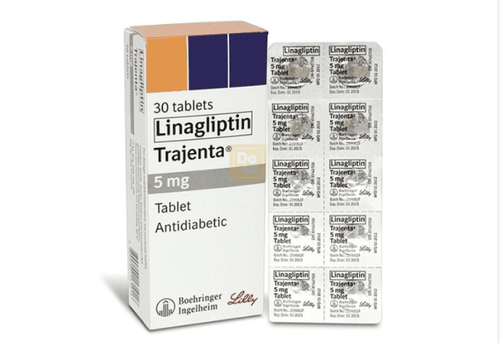This is an automatically translated article.
The article is professionally consulted by Master, Doctor Huynh Khiem Huy - Cardiac Resuscitation Doctor - Cardiovascular Center - Vinmec Central Park International General HospitalAcute coronary syndrome is a concept that refers to any clinical symptom associated with an acute coronary event, resulting in severe myocardial involvement.
1. Overview of acute coronary syndromes
Acute coronary syndrome is a term used to describe a range of conditions involving sudden, reduced blood flow to the heart.That condition is a heart attack (myocardial infarction) - when cell death leads to damage or destruction of heart tissue. Even if acute coronary syndromes do not cause cell death, decreased blood flow changes the way the heart works and is a sign of a high risk of heart attack.
Acute coronary syndrome often causes chest pain or severe discomfort. This is an emergency, requiring prompt diagnosis and care. The goals of disease treatment include improving blood flow, treating complications, and preventing other problems in the future.

Hội chứng mạch vành cấp gây lên các cơn đau ngực
2. Symptoms of acute coronary syndrome
Signs and symptoms of acute coronary artery disease usually begin suddenly and include:Chest pain (angina) or discomfort, often described as pain, pressure, tightness or burning; Pain that radiates from the chest to the shoulders, arms, upper abdomen, back, neck, or jaw; Nausea or vomiting; Undigested; Shortness of breath; Sudden, heavy sweating (diaphragm); Dizziness, lightheadedness, or fainting; Unusual or unexplained fatigue; Feeling restless and uncomfortable. Chest pain and discomfort are the most common symptoms. However, signs and symptoms can vary significantly depending on age, sex, and other medical conditions. Patients are more likely to develop other signs and symptoms if they are women, older adults, or people with diabetes.
Acute coronary syndrome is an emergency situation that requires immediate medical attention. Angina or unusual discomfort can be a warning sign of a serious, life-threatening condition. Ask your loved ones to take them to the nearest medical facility for timely diagnosis and appropriate treatment. Do not drive or transport yourself to the hospital.
3. Causes of acute coronary artery disease
Acute coronary syndrome usually results from the accumulation of fatty deposits (plaques) in and on the walls of the coronary arteries, the blood vessels that supply oxygen and nutrients to the heart muscle.When a plaque is about to rupture or break off, a blood clot forms. This blood clot blocks the flow of blood to the heart muscle. When the oxygen supply to the cells is too low, the cells of the heart muscle can be damaged. This leads to damage to muscle tissue and creates a heart attack (myocardial infarction).
Even without cell death, the reduction of oxygen still results in the heart muscle failing to function. This change can be temporary or even permanent. When this condition does not lead to cell death in the heart, it is called unstable angina.
4. Risk factors for acute coronary artery disease
The risk factors for acute coronary syndrome are the same as for other types of heart disease. Risk factors for acute coronary syndromes include:Aging; High Blood Pressure; High blood cholesterol ; Smoke; Lack of physical activity; Unhealthy diet; Obesity or overweight; Diabetes ; Family history of chest pain , heart disease or stroke ; History of high blood pressure , preeclampsia or gestational diabetes .
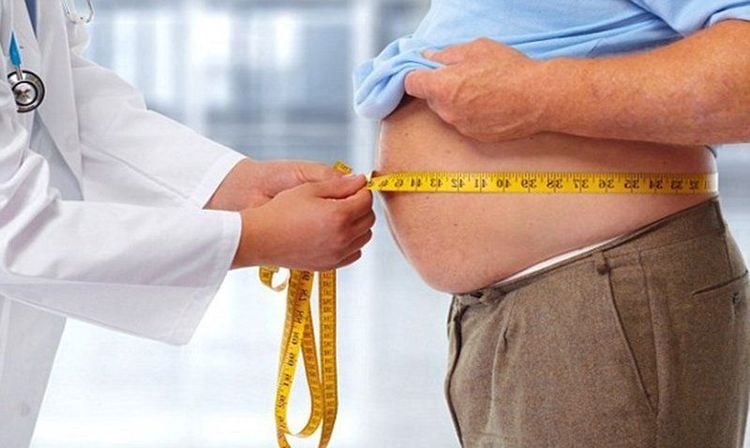
Béo phì là nguyên nhân gây bệnh mạch vành cấp
Master. Dr. Huynh Khiem Huy has more than 11 years of experience working in the field of cardiovascular resuscitation anesthesia; examination and resuscitation treatment after surgery for cardiovascular diseases in adults and children. Doctor Huy was former deputy head of the Department of Surgical Resuscitation at Tam Duc Heart Hospital before being a cardiothoracic resuscitator, Cardiology Center - Vinmec Central Park International General Hospital
Customers can come directly to the hospital. Vinmec health system nationwide to visit or contact the hotline here for support.
Articles refer to the source: mayoclinic.org




